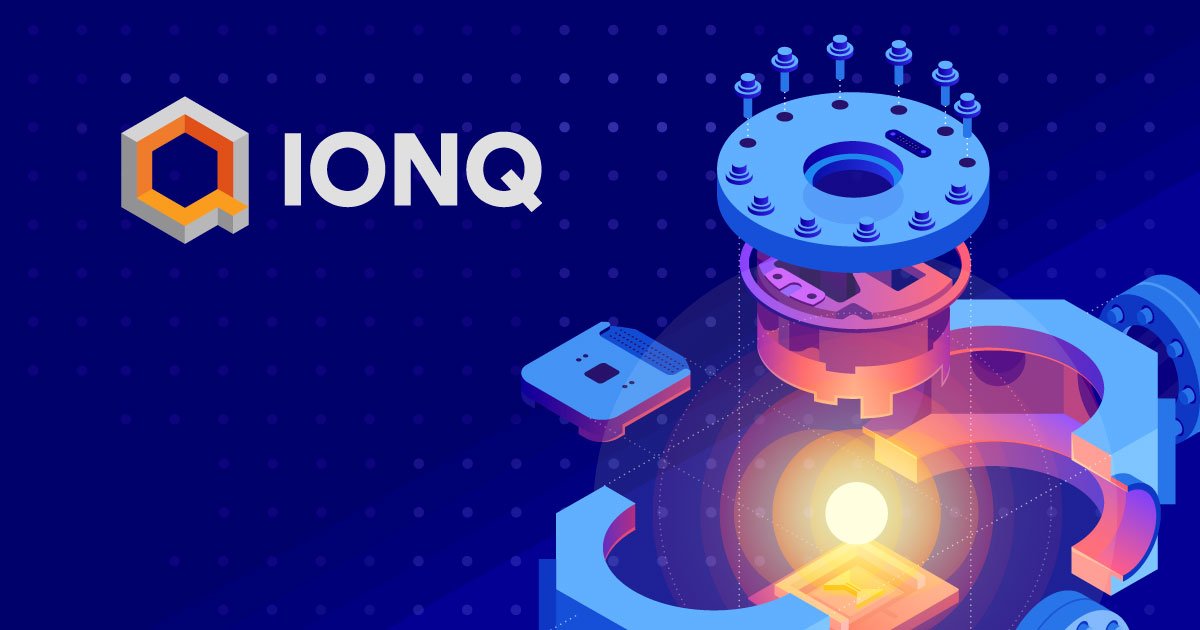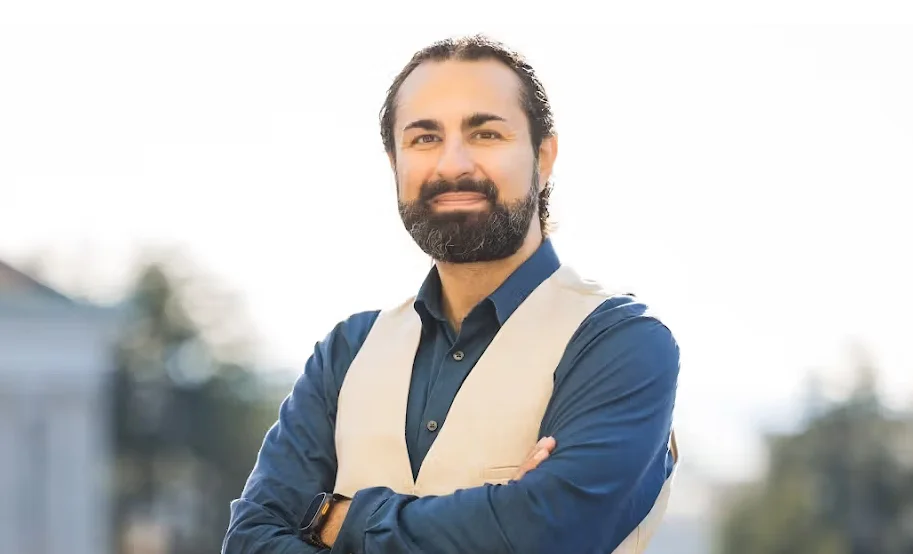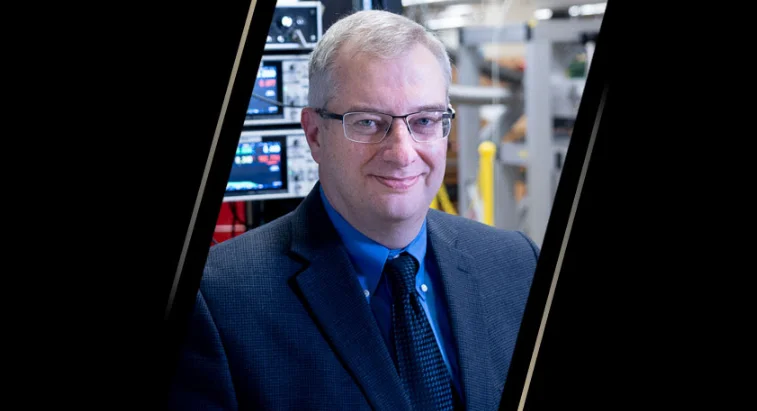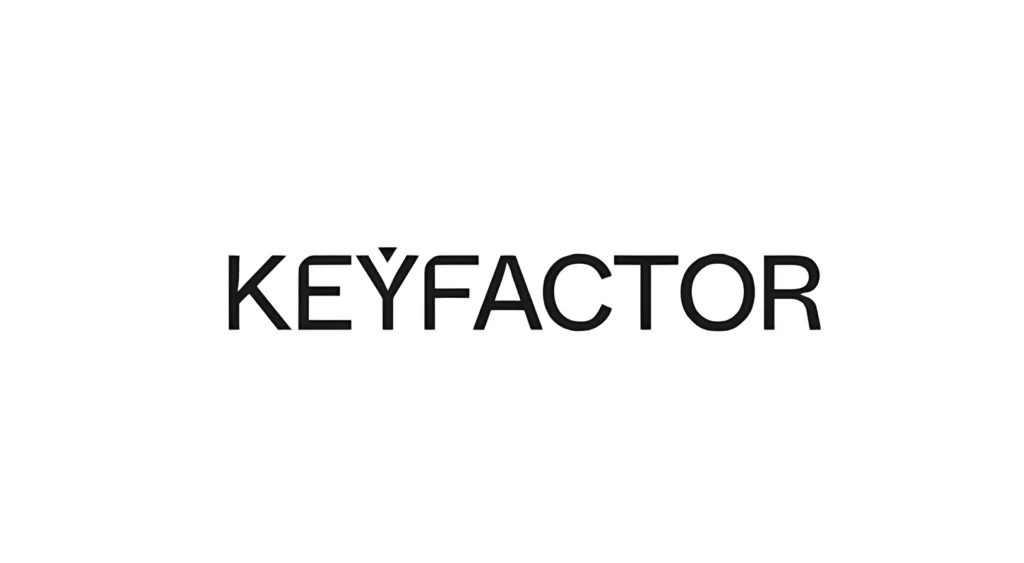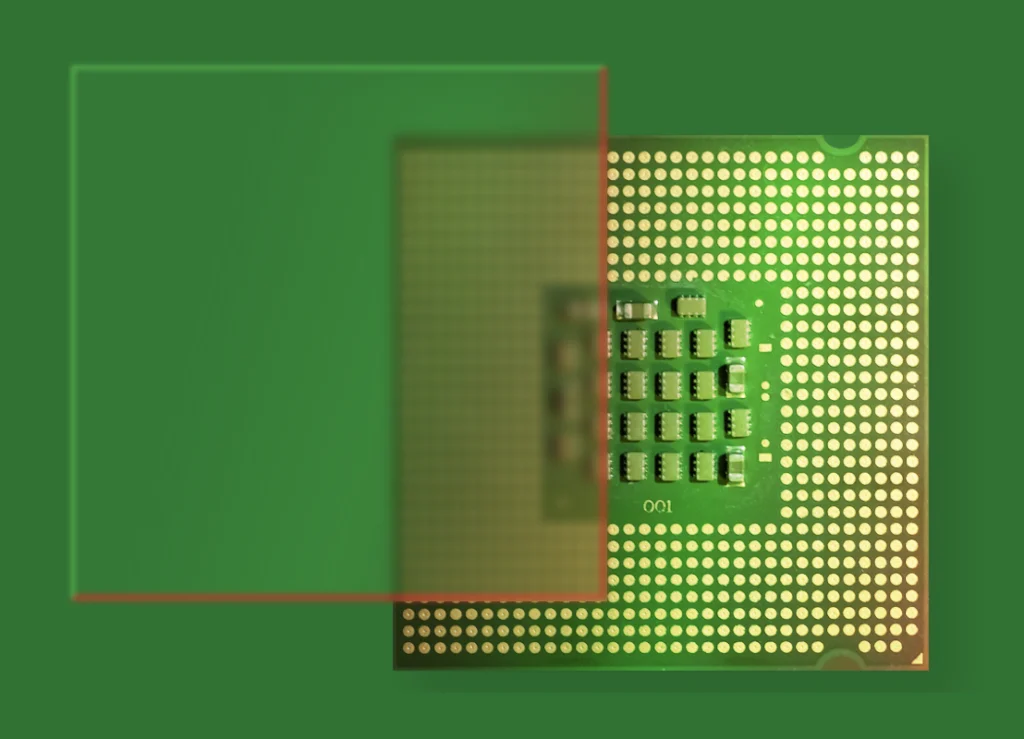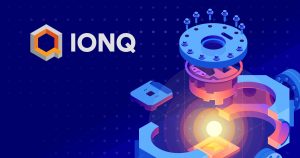
In order to arrive at Artificial General Intelligence (AGI), also called strong AI, developers will probably need the backing of quantum computers, a quantum computing pioneer told Venture Beat.
In an interview with the magazine, IonQ CEO Peter Chapman said that recent work points the way toward quantum computing’s ability to foster strong AI, which is the theoretical idea that a computer could replicate the way humans learn and understand.
“AI in the Strong AI sense, that I have more of an opinion [about], just because I have more experience in that personally,” Chapman told VentureBeat. “And there was a really interesting paper that just recently came out talking about how to use a quantum computer to infer the meaning of words in NLP. And I do think that those kinds of things for Strong AI look quite promising. It’s actually one of the reasons I joined IonQ. It’s because I think that does have some sort of application.”
He added that the argument is similar to Richard Feynman’s famous observation that in order to understand nature, scientists need to understand quantum mechanics.

Feynman said “Nature isn’t classical, dammit, and if you want to make a simulation of nature, you’d better make it quantum mechanical. And by golly, it’s a wonderful problem because it doesn’t look so easy.”
Chapman added that pivotal concept may rest at the root of the quest to develop AGI.
“Similarly, it’s likely Strong AI isn’t classical, it’s quantum mechanical as well,” Chapman said.
The drive to model the classical computer on some type of electric human brain may explain the inability for that model to produce strong AI, he said in an email interview with the magazine.
“For decades, it was believed that the brain’s computational capacity lay in the neuron as a minimal unit,” he wrote. “Early efforts by many tried to find a solution using artificial neurons linked together in artificial neural networks with very limited success. This approach was fueled by the thought that the brain is an electrical computer, similar to a classical computer. However, since then, I believe we now know the brain is not an electrical computer, but an electrochemical one. Sadly, today’s computers do not have the processing power to be able to simulate the chemical interactions across discrete parts of the neuron, such as the dendrites, the axon, and the synapse. And even with Moore’s law, they won’t next year or even after a million years.”
Chapman is still on the fence with the argument that quantum computers and machine learning are well-matched.
“I haven’t spent enough time to really understand it,” he admitted. “There clearly [are] a lot of people who think that ML and quantum have an overlap. Certainly, if you think of 85% of all ML produces a decision tree, and the depth of that decision tree could easily be optimized with a quantum computer. Clearly, there [are] lots of people that think that generation of the decision tree could be optimized with a quantum computer. Honestly, I don’t know if that’s the case or not. I think it’s still a little early for machine learning, but there clearly [are] so many people that are working on it. It’s hard to imagine it doesn’t have [an] application.”
Chapman continued in a later email: “ML has intimate ties to optimization: Many learning problems are formulated as minimization of some loss function on a training set of examples. Generally, Universal Quantum Computers excel at these kinds of problems.”
He points to three improvements in ML that quantum computing will likely allow:
- The level of optimization achieved will be much higher with a QC as compared to today’s classical computers.
- The training time might be substantially reduced because a QC can work on the problem in parallel, where classical computers perform the same calculation serially.
- The number of permutations that can be considered will likely be much larger because of the speed improvements that QCs bring.
Despite his interest in AI, Chapman told the magazine that using AI is up to IonQ’s customers, not the company. Building the best quantum computer is the company’s goal. And that keeps the team busy enough.
“There’s so much to be to be done in a quantum,” Chapman said. “From education at one end all the way to the quantum computer itself. I think some of our competitors have taken on lots of the entire problem set. We at IonQ are just focused on producing the world’s best quantum computer for them. We think that’s a large enough task for a little company like us to handle.”

